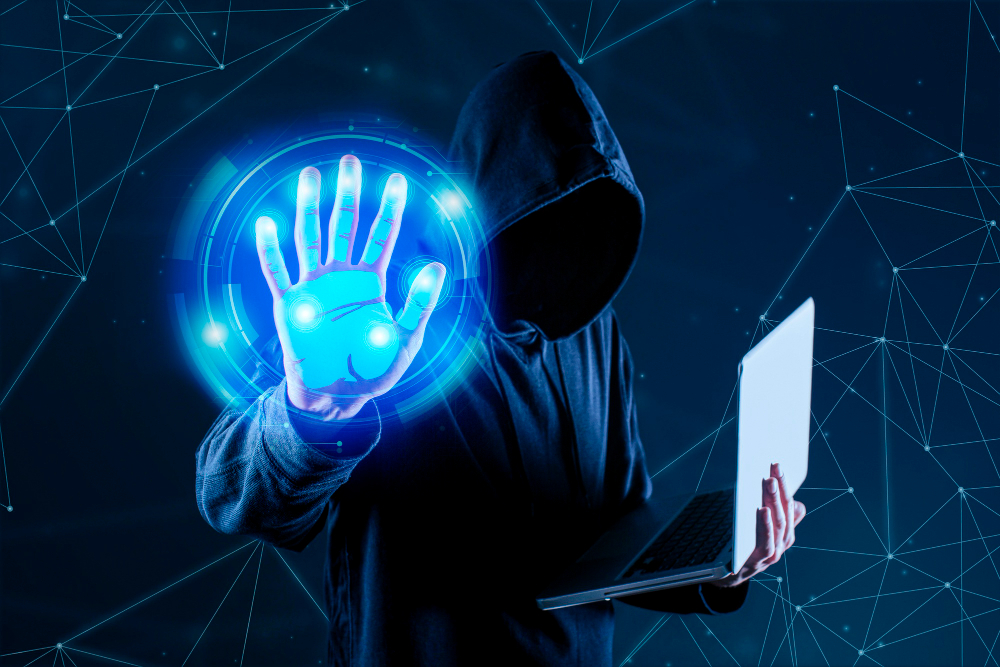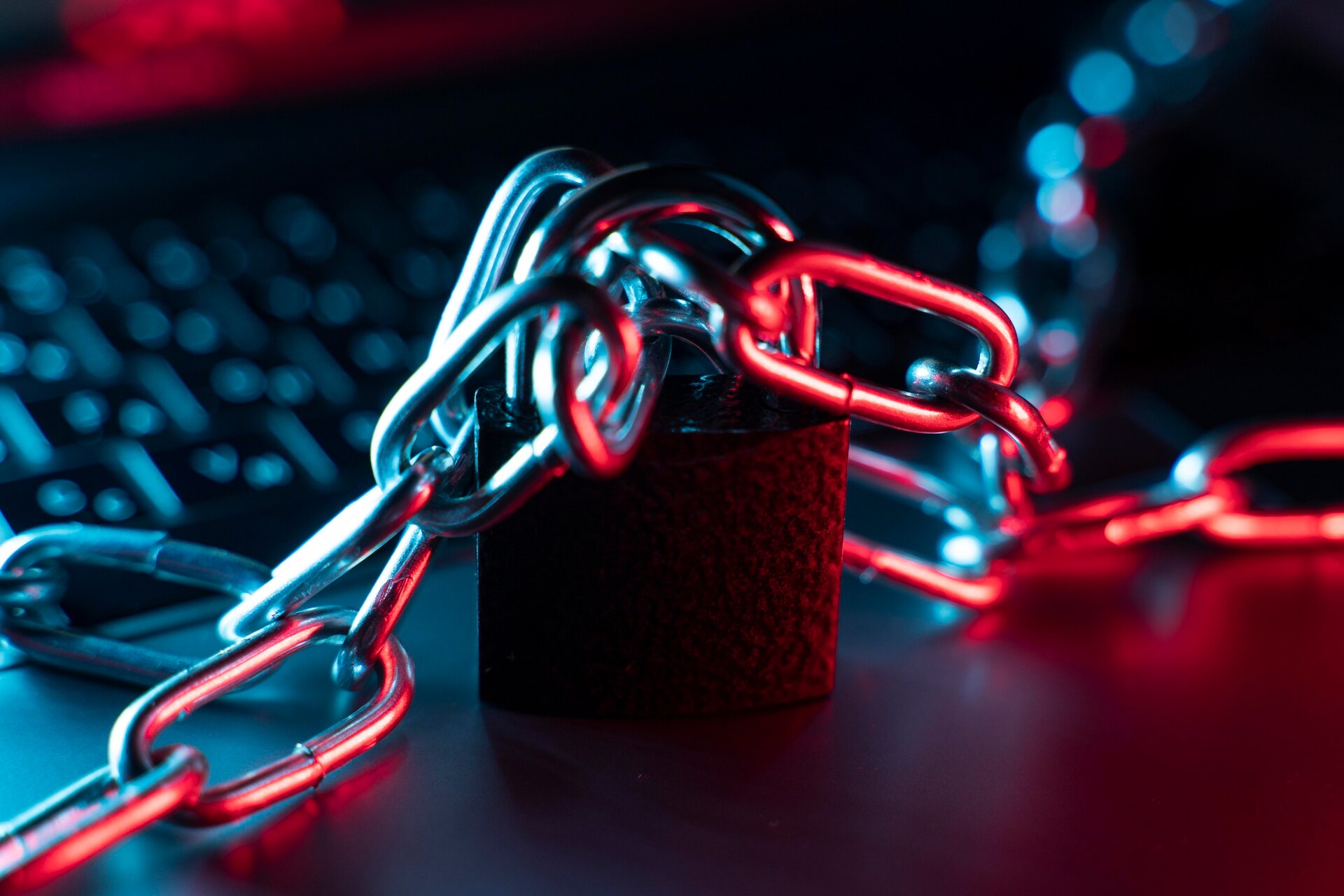Introduction:
In today’s digital landscape, cybersecurity is a paramount concern for individuals and organizations alike. With the rise of cyber threats and data breaches, there is a growing need for robust security solutions. Blockchain technology has emerged as a promising tool for enhancing cybersecurity by providing decentralized, transparent, and immutable systems. This article will explore the role of blockchain in cybersecurity, focusing on how it can protect data and digital assets from malicious actors.
Decentralization and Data Security
Blockchain’s decentralized architecture plays a crucial role in enhancing cybersecurity. Unlike traditional centralized systems, where data is stored in a single location, blockchain distributes data across a network of nodes. This decentralization makes it challenging for cyber attackers to compromise or manipulate data. This section will explore how blockchain’s decentralized structure ensures data security, mitigates the risk of single points of failure and protects against data breaches.
Immutable and Tamper-Proof Data
The immutability of blockchain is a key feature that enhances cybersecurity. Once data is recorded on a blockchain, it becomes nearly impossible to alter or tamper with it without the consensus of the network. This immutability ensures data integrity and prevents unauthorized modifications. This section will explain how blockchain’s cryptographic hashing and consensus mechanisms contribute to the creation of tamper-proof data, safeguarding against cyber attacks, and ensuring the integrity of digital assets.
Enhanced Identity Management
Blockchain technology offers improved identity management solutions, which are crucial for cybersecurity. Traditional centralized systems are vulnerable to identity theft and unauthorized access. Blockchain’s decentralized identity management systems enable individuals to maintain control over their personal information, reducing the risk of identity theft and providing a more secure authentication process. This section will delve into how blockchain-based identity management systems protect against fraudulent activities and enhance cybersecurity.
Secure Transactions and Smart Contracts
Blockchain technology facilitates secure transactions through the use of digital signatures and encryption. By leveraging cryptographic techniques, blockchain ensures the privacy and integrity of transactions, making them resistant to tampering and fraud. Additionally, the advent of smart contracts on blockchain platforms further strengthens cybersecurity. Smart contracts automate and enforce the terms of an agreement, eliminating the need for intermediaries and reducing the risk of human error or manipulation. This section will explore how secure transactions and smart contracts contribute to cybersecurity in various sectors, such as finance, supply chain, and legal processes.
Challenges and Considerations
While blockchain offers promising solutions for cybersecurity, there are challenges and considerations that need to be addressed. This section will discuss issues such as scalability, regulatory frameworks, privacy concerns, and energy consumption associated with blockchain technology. It will highlight the need for continued research and development to overcome these challenges and ensure the widespread adoption of blockchain in cybersecurity.
Conclusion
Blockchain technology is revolutionizing the field of cybersecurity by providing decentralized, transparent, and immutable systems that protect data and digital assets. From enhancing data security through decentralization and immutability to enabling secure transactions and identity management, blockchain offers robust solutions to combat cyber threats. However, challenges such as scalability and regulatory considerations need to be addressed for the full potential of blockchain in cybersecurity to be realized. As the digital landscape continues to evolve, embracing blockchain technology as a key component of cybersecurity strategies can provide individuals and organizations with greater confidence in the protection of their data and digital assets.









